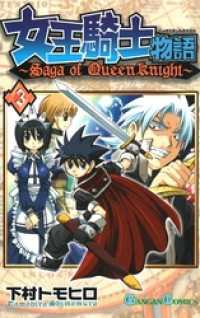- ホーム
- > 洋書
- > 英文書
- > Transportation
Full Description
The emergence of the automobile on the American scene represented many things - excitement, freedom, progress - but also danger, death, and injury. David Blanke tells how the automobile pulled society in two contradictory emotional directions: exhilaration in personal mobility versus anxiety over public safely. By investigating who owned cars, how they drove, and what kinds of accidents occurred, he shows how Americans struggled to resolve this dilemma. Drawing on extensive research into public safety studies, insurance records, and drivers' own stories, ""Hell on Wheels"" is an unprecedented survey of the social, political, and cultural repercussions of auto accidents. Blanke shows how the ""automotive love affair"" emerged as a powerful component of driving and explores the growing tension between the allure of the open road and the risk of auto accidents. Along the way, he considers a host of shared values that defined the automobile age, such as the romantic freedom of driving and the common ownership of the nation's roadways. In exposing the critical choices between collective safety and individual liberty, he recounts how Americans confronted the tensions between enforcing traffic rules and preserving drivers' liberty. In the days before mandatory drivers' education or licensing, people felt they were responsible but not accountable to the law - with the result that, between 1900 and 1940, auto accidents claimed nearly 200,000 more American lives than World War II. Blanke describes how Americans understood and responded to the new and dangerous personal freedoms unleashed by mass automobile use, examines their willingness to accept restrictions on their right to drive, and demonstrates the resulting failure of efforts to significantly reduce accidents. He then tells how fear of accident-prone drivers triggered safety reforms, improved road and car design, bettered driver training, and brought about stricter law enforcement. Since the dawn of the auto, more than 3.2 million Americans have been killed in car accidents, yet we still thrill to the open road and feel constrained by highway speed limits. ""Hell on Wheels"" is a captivating study that shows how this love affair remains a powerful force in our national life.








